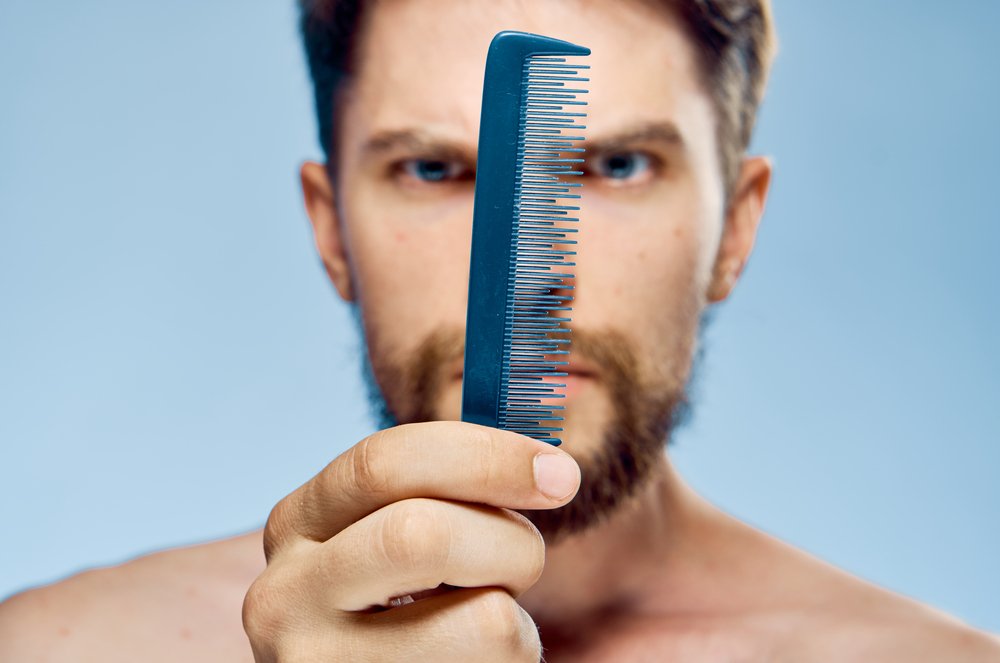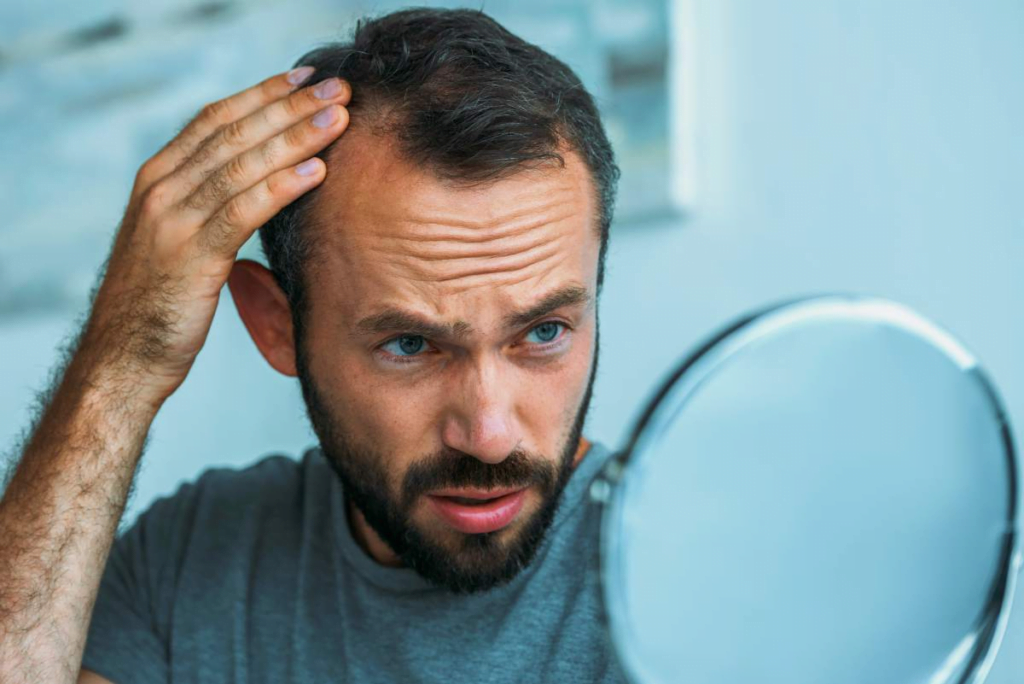
Hair transplant surgery is an exciting step toward regaining confidence, but the journey doesn’t end when you leave the clinic. Proper post-transplant care is vital to ensuring the best possible results. Hair transplant surgery is a significant and transformative step for anyone looking to regain confidence, improve their appearance, or align their external image with how they feel inside. Whether you’re addressing hair loss caused by genetics, age, or medical conditions, or seeking to refine your appearance as part of a gender-affirming process, a hair transplant can be life-changing. At our clinic, we offer hair transplant services to individuals of all genders and orientations, and we believe everyone deserves to feel supported throughout the entire process.
The journey, however, doesn’t stop once the surgery is completed. In fact, proper post-transplant care is critical to achieving the best long-term results. Hair transplant patients often wonder what they can do to maximize the success of their surgery and ensure that their new hair looks as natural as possible. By following specific care instructions and being mindful of the recovery process, you can enhance the quality of your results. In this guide, we’ll explore five essential tips to help you care for your hair after transplant surgery and ensure that the recovery goes smoothly for all patients, regardless of their background or aesthetic goals.
In this article, we’ll cover five essential post-hair transplant care tips that will help you maintain your results and experience a smooth recovery.
İçindekiler
1. Follow Your Surgeon’s Instructions Carefully
Your surgeon will provide detailed instructions specific to your procedure, and it’s important to follow them precisely. This includes how to care for the transplanted area, medications to take, and when to avoid certain activities. Adhering to these guidelines will significantly impact the success of your hair transplant, regardless of your gender or personal goals.
For example, you may be advised to sleep with your head elevated to reduce swelling. It’s common to feel anxious about messing up the results, but rest assured that gentle care will go a long way in protecting your new hair.
2. Avoid Direct Sun Exposure
Sun exposure poses a risk to your scalp, especially after surgical procedures. In the initial stages of growth, transplanted hair follicles are highly sensitive, and direct sunlight can cause damage or slow down the process. Always keep your head down when in the sun or wear a loose-fitting hat.
We advise against excessive sun exposure for a period of two weeks after surgery. This statement is relevant to all individuals, regardless of their hair transplant experience or personal aesthetic preferences.
3. When Washing Your Hair, be Gentle!
Following surgery, it’s important to wash your hair in a timely manner. For the first few days, your surgeon will likely recommend using a specific shampoo or gently washing your scalp with water. The removal of grafts can occur through scrubbing or hot water, making it important to avoid these methods.
Generally, gentle washing is recommended to begin approximately 48 hours after surgery. Your hair may be ready to wash again by day 10, but it’s important to discuss with your surgeon what works best for you.
4. Avoid Physical Activity
The first week or two after hair transplant surgery should not be utilized for intense physical activity. The scalp’s blood circulation can be stimulated by heavy lifting, running, or bending over, which can result in swelling or dislodgment of grafts.
In case you require fitness to be part of your routine, seek guidance from your surgeon on when it’s safe to start exercising. Be cautious! Generally, it’s possible to resume light exercise such as walking after a few days but always avoid overly cautious behavior.
5. Be Patient with the Results
There is no immediate effect of hair transplant surgery and it’s common to see the transplanted hair shed in the first few weeks. This is a necessary step in the process and shouldn’t concern you. The new hair will begin to grow after approximately three or four months, with full results expected around a year later.
Hair growth cycles and individual traits are highly variable. If you want your hairline restored, or if you desire something to look more feminine or masculine, having the surgery with patience and proper care is the way to go.
For more information about our services, visit our clinic’s website at www.hairtrans.com. Additionally, you can learn more about Dr. MFO, the highly experienced surgeon leading our team, by visiting his website at www.dr-mfo.com/tr.


